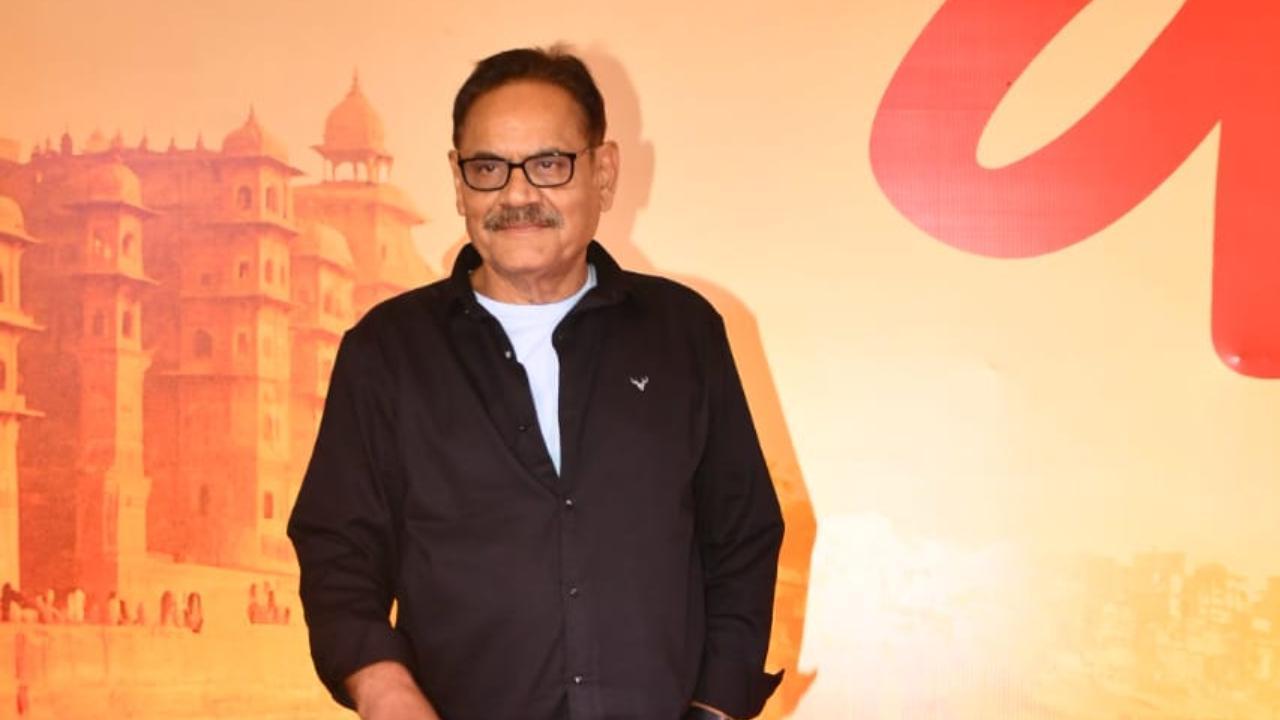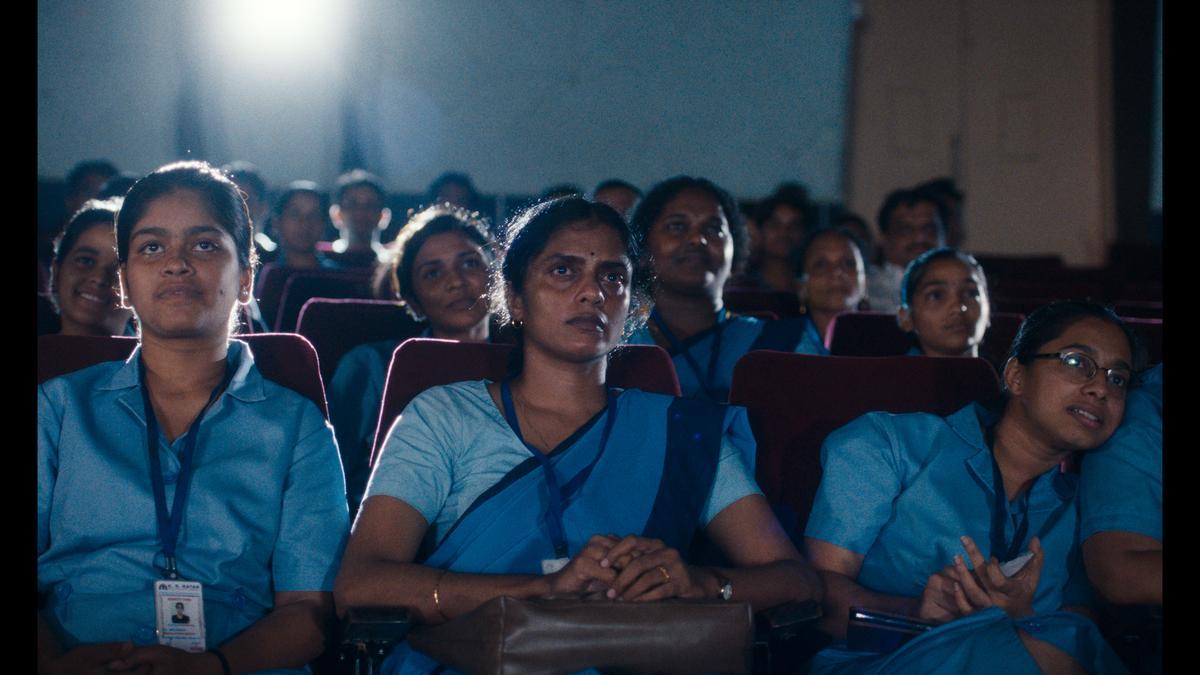
As Bengaluru’s iconic theatre hub, Ranga Shankara, prepares to commemorate its 20th anniversary, its visionary founder, renowned theatre and film personality Arundhati Nag, finds herself both reflecting on the past and planning for a future filled with promise. With the Ranga Shankara Theatre Festival set to launch this month, Nag shares her journey of making dreams come true, while pushing the boundaries of what the theatre can offer, with enduring support from the government and corporate patrons.
In an exclusive conversation, Arundhati Nag delved into the heart of her aspirations, “Not many people have the privilege of dreaming and seeing it come true. I would say I am in the middle of it now. The dream is not over; there is so much more a space like Ranga Shankara can do.” Her unwavering commitment to broadening the scope of theatre is evident as she envisions a more dynamic future, where Ranga Shankara continues to embrace change and growth in the theatre arts.
Financial challenges, she admits, have been a constant throughout the journey of Ranga Shankara. Yet, Nag considers this persistent financial vigilance a double-edged sword. “Because one has seen many institutions go backwards with tremendous financial comfort,” she notes. Despite operating as a lean team of just nine people, with everyone doubling or tripling their responsibilities, the organization has managed to maintain a balance. “Salaries are not great, but compared to other theatre institutions, we are at a fairly decent level.”
She emphasizes the significance of not relying solely on the government for financial support. “It is not fair to expect the government to do everything. Yes, the government has money, it should be funding the arts, which it is. Ranga Shankara has been constructed on a civic amenity site; no other state in the country has the facility of such a site for an art space.” She points out the crucial role Bengaluru’s corporations play, such as Sudha Murty, Rohini Nilekani, and Kiran Mazumdar Shaw, in supporting Ranga Shankara, deriving their modern patron status from their education and cultural awareness. “Back in the day, we had kings. Who are the kings of today? It is the corporates. They should have a mandate to make sure art survives, like they have for eliminating poverty and making education accessible.”
For Arundhati Nag, keeping Ranga Shankara accessible has always been a priority. Remarkably, rental costs for performances have remained unchanged for two decades. “Twenty years ago, our auditor friend fought with Suri (S. Surendranath, theatre maker and trustee at Ranga Shankara) and me, when we said ₹2,500 would be the rent per show. He felt it was too little.
. We said our community cannot afford more.” As they contemplate a possible rental increase, the wisdom of their original mandate is reinforced. “Our mandate is to make more theatre happen, so the only way to keep this going is to go find more money. That is the secret.”
The visionary plan Kuhn presented 20 years ago to then Karnataka Chief Minister S.M. Krishna underscored Bengaluru’s need for more such theatres. Yet, the lack of funds curbed the realization beyond Ranga Shankara. Nag believes in sharing the knowledge and expertise gleaned over two decades to inspire the creation of more such artistic spaces. “Ideally, like for theatre, there should be one for dance, music, fusion… where you can rotate programmes and focus on the art form.”
Reflecting on her personal journey, Nag shares how she chose to forgo mainstream cinematic opportunities to focus on her theatrical dreams. “I was a very satisfied actor. When I got offers for two big Hindi films—Lagaan and Dil Chahta Hai—I said no, because I did not want to be absent when someone showed up, offering to fund Ranga Shankara.” Her commitment to theatre’s legacy is evident when she recounts, “I told Aamir Khan that I would get the chance to play the role of a mother in many films, but I would not get the opportunity to do this again.”
Ultimately, as Ranga Shankara marks this significant milestone, it exemplifies the enduring nature of theatre. “Theatre has lasted for thousands of years. If human beings and relationships are there, there will be theatre. As long as people tell lies, there will be theatre! Ranga Shankara will be as good as the people who inhabit it,” asserts Nag. For her, the theatre’s enduring success hinges on the integrity and passion of its patrons and performers.
With a legacy firmly rooted in the heart of Bengaluru, Ranga Shankara stands as a testament to the power of vision, dedication, and community support—poised to inspire future generations.










